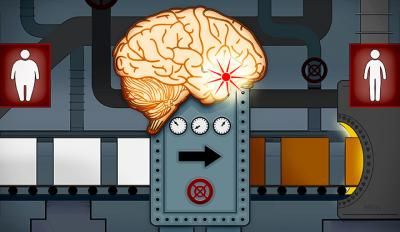Largest ever study of liver function finds multiple genetic links to liver injury
Advertisement
Researchers have identified a large number of areas in the human genetic code that are involved in regulating the way in which the liver functions, in a new study of over 61,000 people, published in Nature genetics.
The work is an international collaboration led by Imperial College London and it identifies 42 genetic regions associated with liver function, 32 of which had not been linked to liver function before. The work should lead to a better understanding of precisely what goes wrong when the liver ceases to work normally. Ultimately, it could point the way to new treatments that can improve the function of the liver and help to prevent liver damage.
In the new genome-wide association study, the researchers compared the genetic makeup of over 61,000 people, in order to identify areas of the genetic code that were associated with liver function.
The team assessed the function of the volunteers’ livers by looking at the concentrations of liver enzymes in their blood. People who have liver damage have high concentrations of these enzymes, which are associated with an increased risk of conditions such as cirrhosis, type 2 diabetes and cardiovascular disease.
Dr John Chambers, the lead author of the study from the School of Public Health at Imperial College London, said: “The liver is a central hub in the body and because it has so many diverse functions, it is linked to a large number of conditions. Our new study is a big step towards understanding the role that different genes play in keeping the liver working normally, and towards identifying targets for drugs that can help prevent the liver from functioning abnormally or becoming susceptible to disease.”
Professor Paul Elliott, also from the School of Public Health at Imperial College London, said: “We identify 42 areas on the genetic code associated with liver function and went on to pinpoint 69 associated genes within these areas. Some of the genes are known to play a part in other functions in the body, including inflammation and immunity, and metabolising glucose and carbohydrates.”
Professor Jaspal S Kooner, the senior author of the study from Imperial College London, said: “This massive international research effort provides in-depth new knowledge about the genes regulating the liver. We are particularly excited about the genes whose precise role we don’t yet know. Investigating these further should help us to fill in the gaps in our understanding about what happens when the liver ceases to function normally and how we might be able to tackle this.”
The research was funded by the Imperial Comprehensive Biomedical Research Centre award from the National Institute for Health Research; the Medical Research Council; the Wellcome Trust; and other sources.


























































